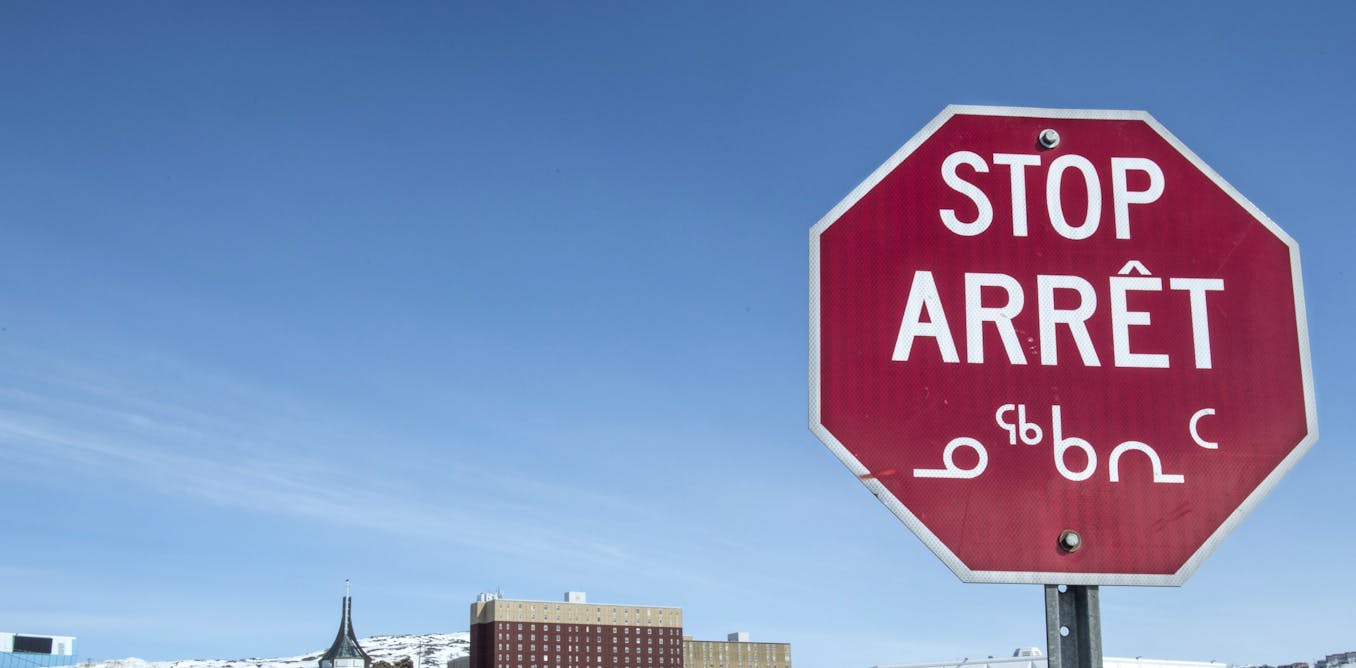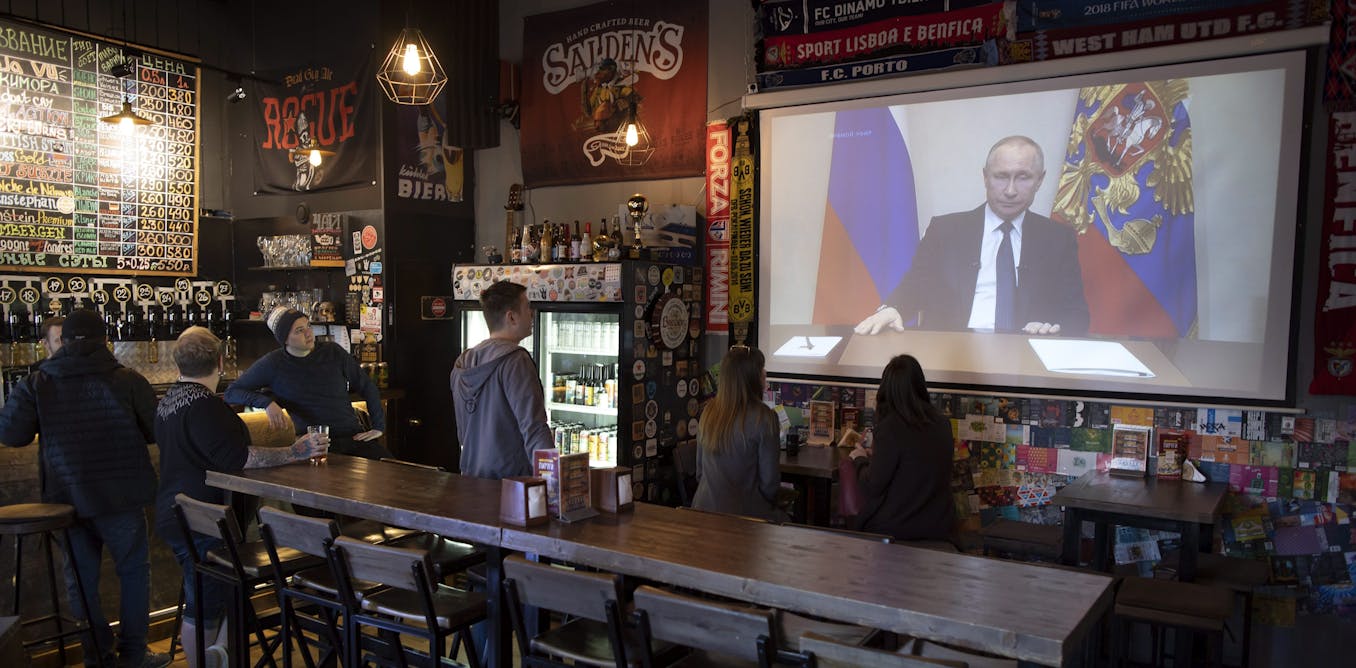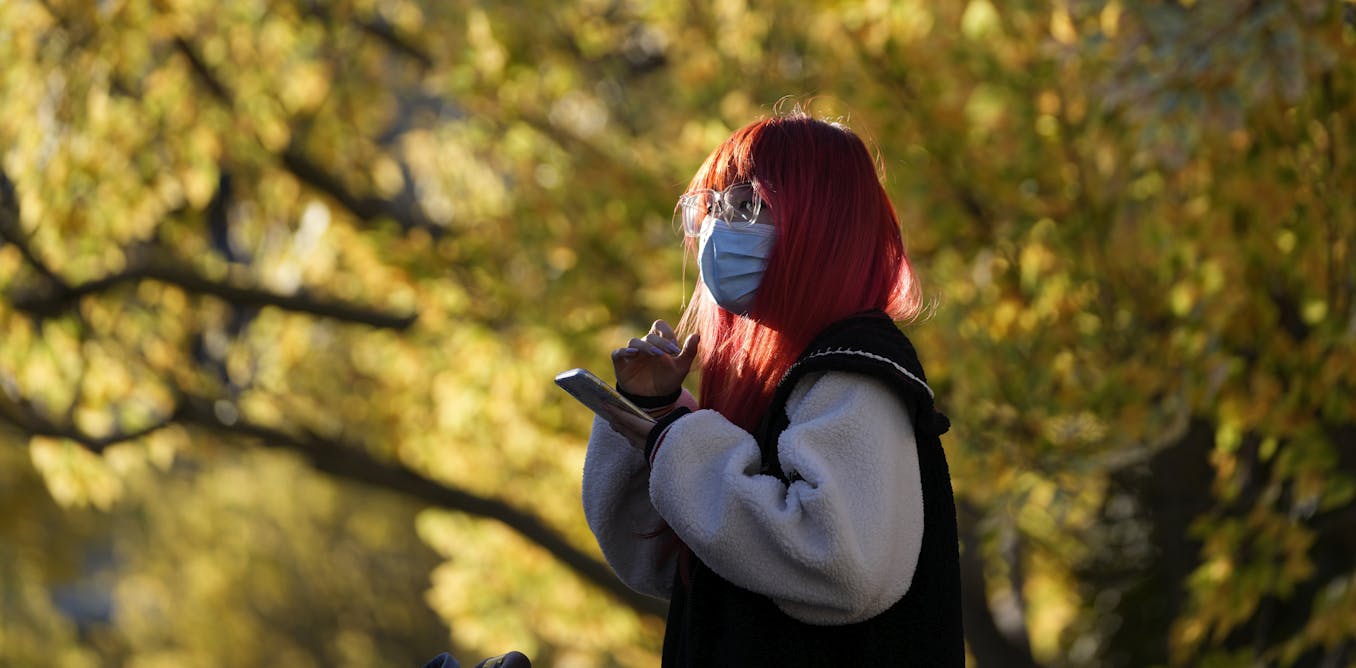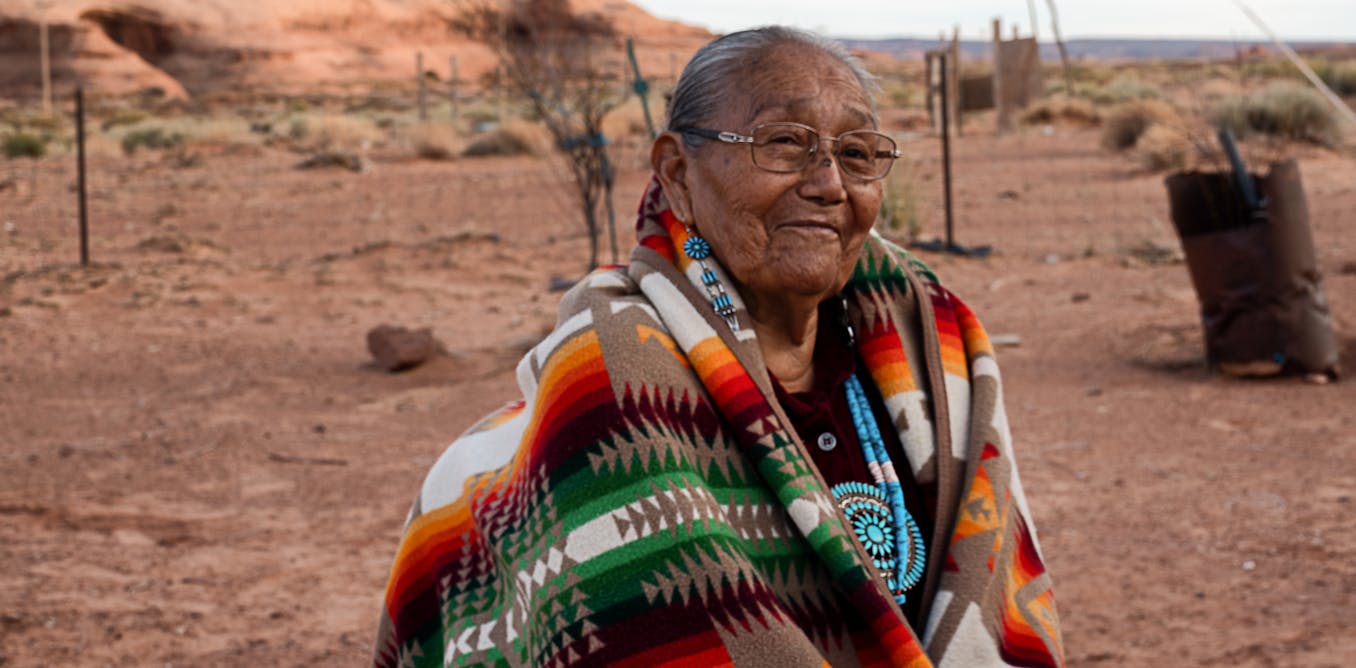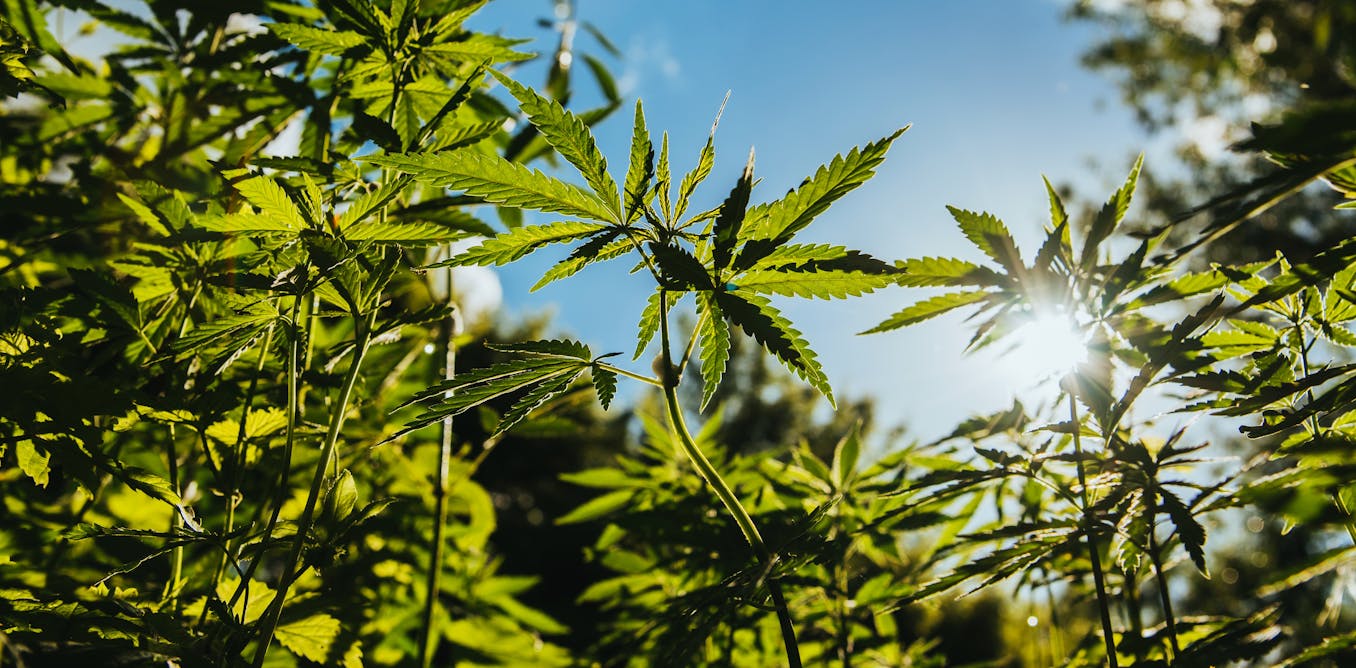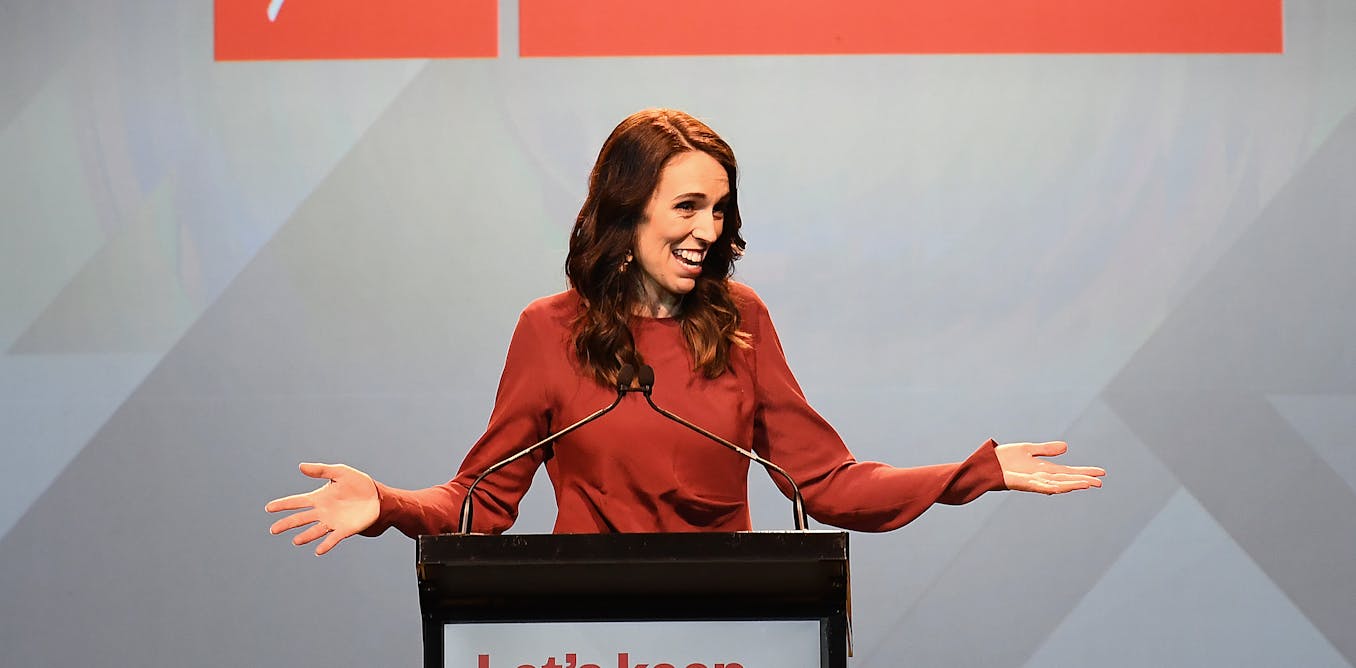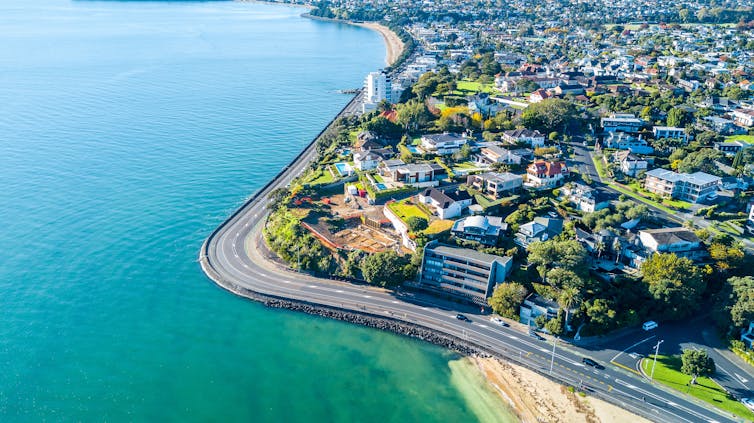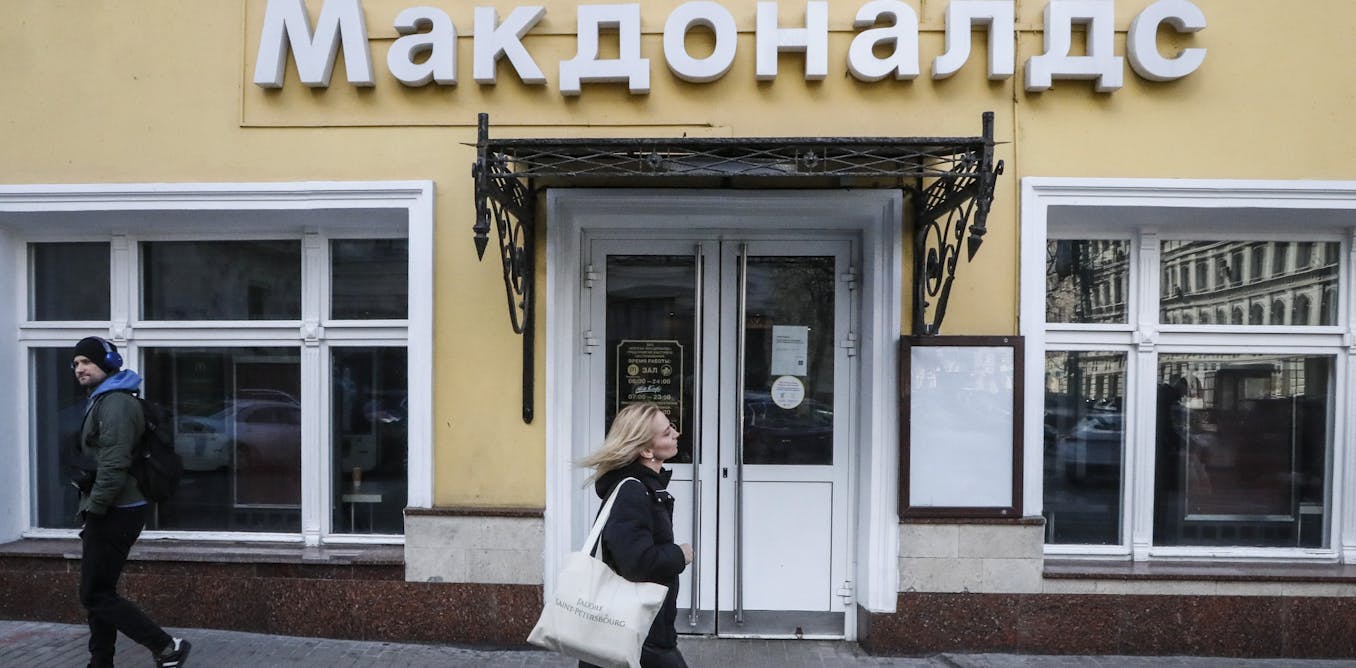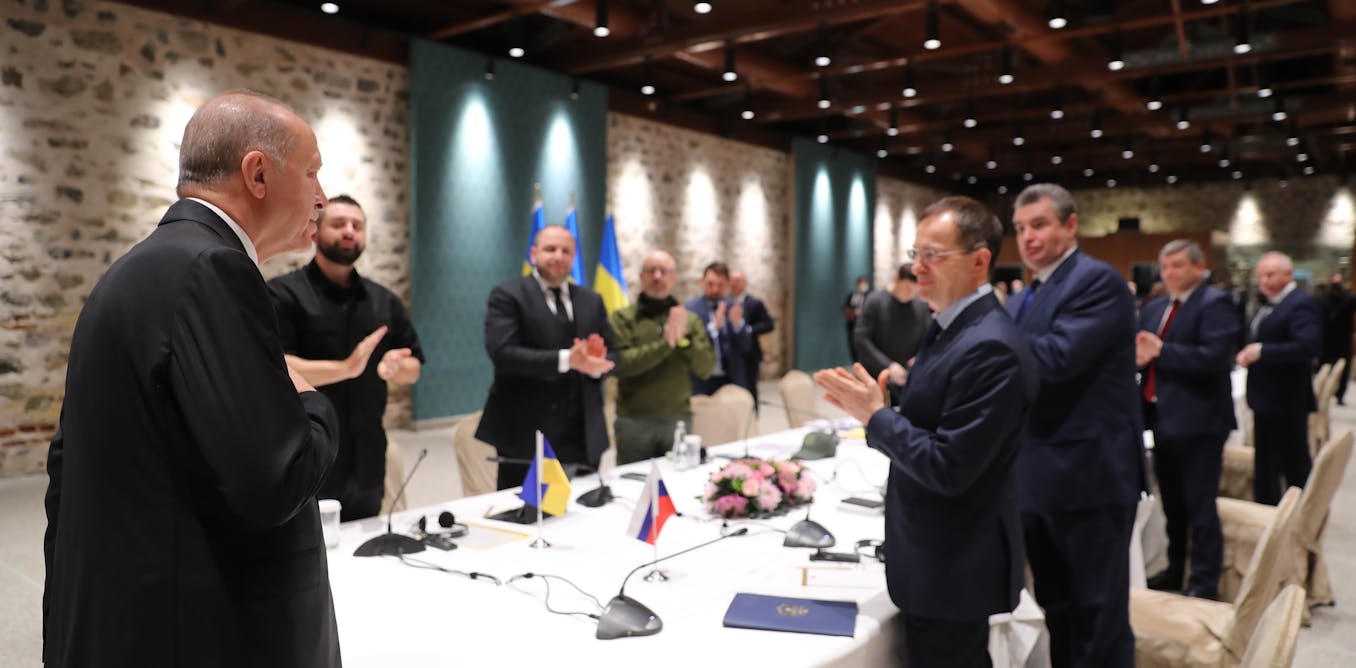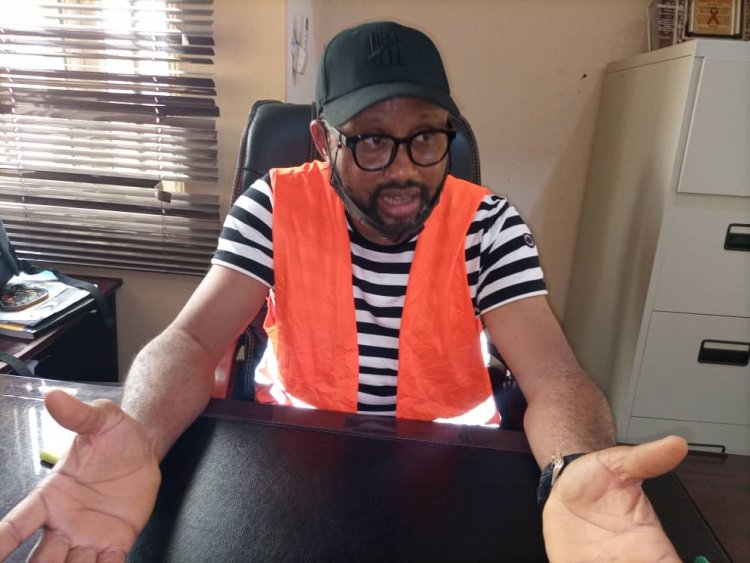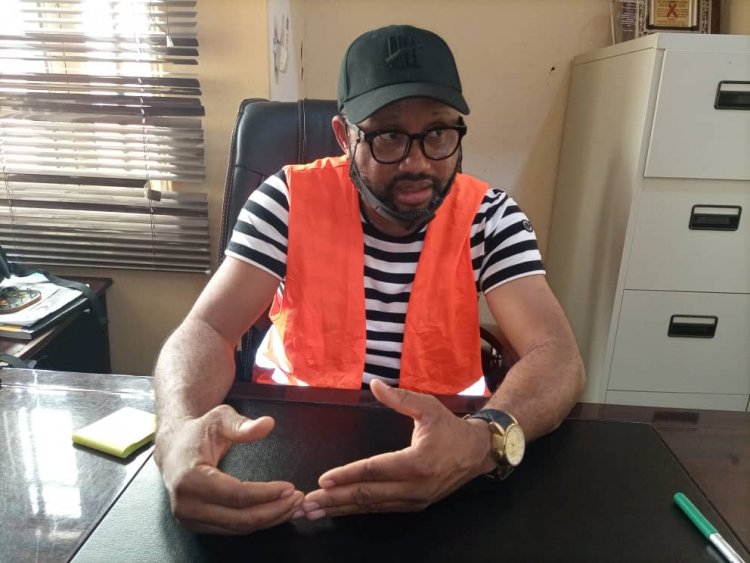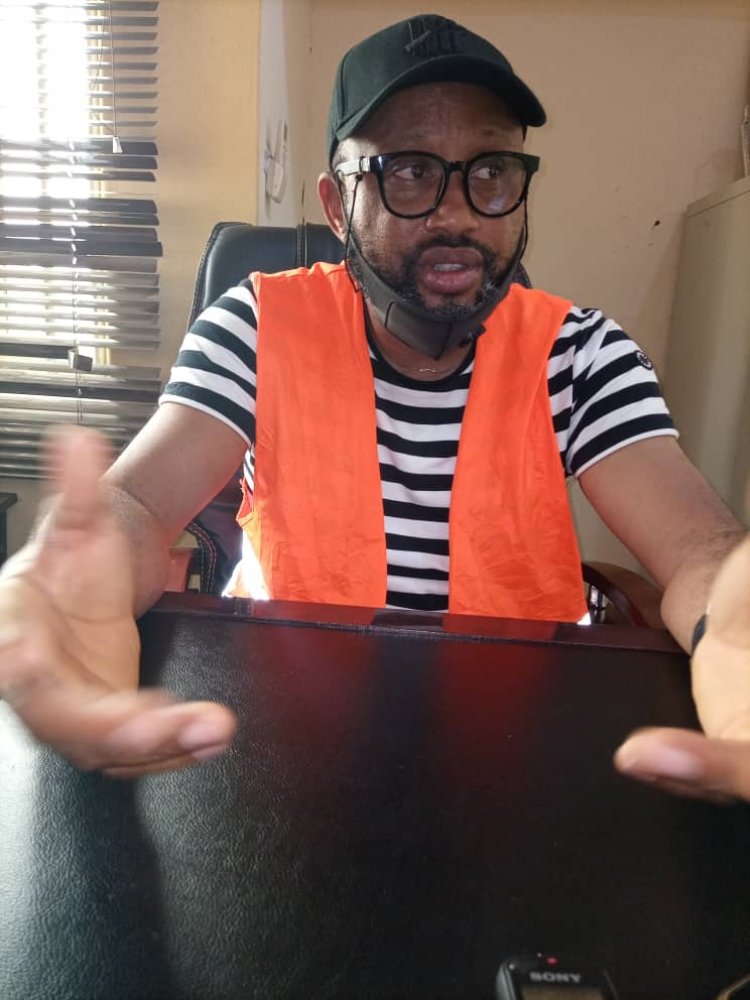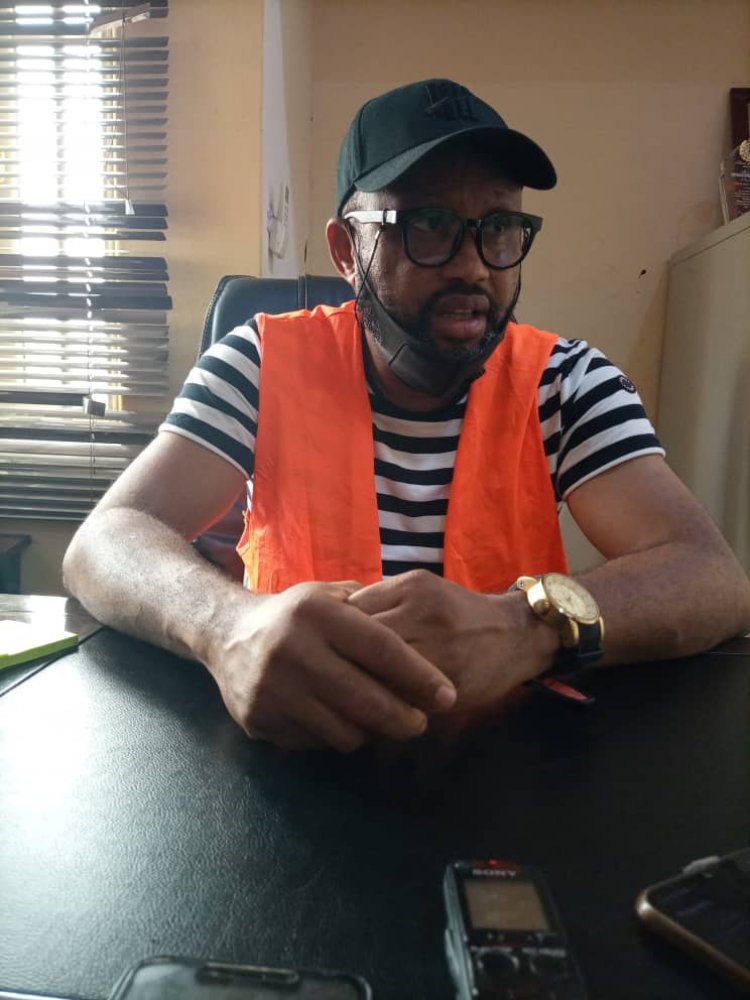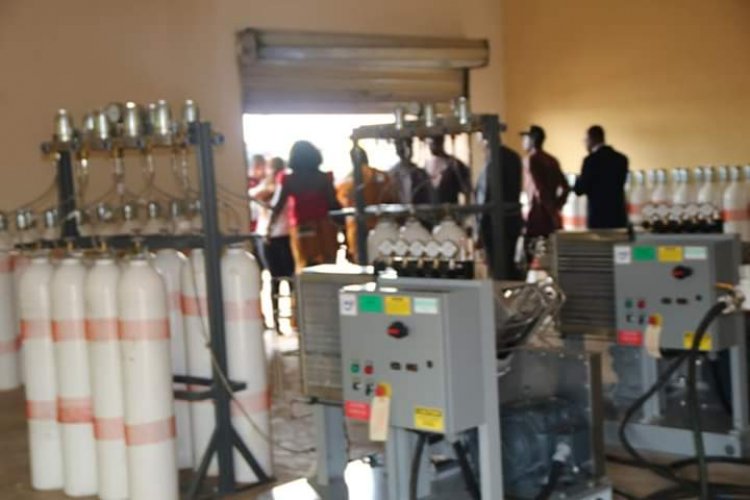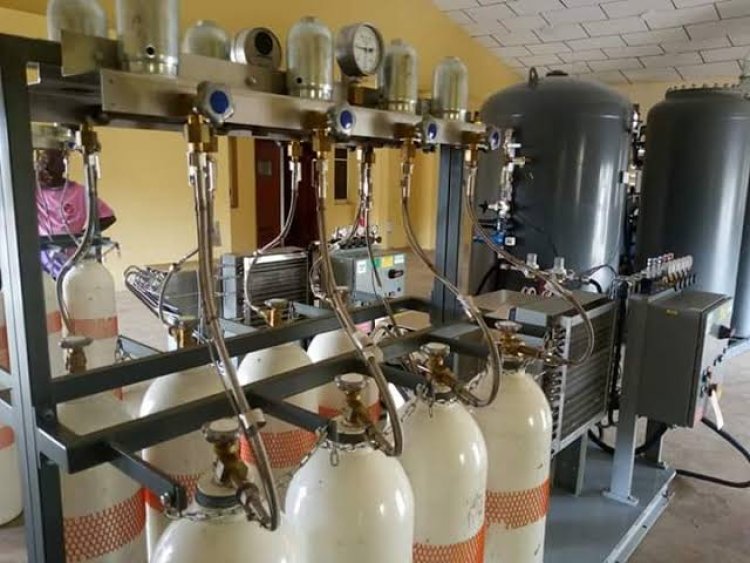Obiano: A Man Who Saw Tomorrow —Ibezim
Dr Gilbert OnyekaChukwu Ibezim is the Managing Director, Anambra State Oxygen Production Plant as well as the Special Adviser to the Executive Governor of Anambra State on Indigenous Medicine and Herbal Practice.
In Obiano’s first term in office, Dr Onyeka Ibezim, as he is fondly called, was Special Adviser on Youth Empowerment and the Executive Director Anambra State AIDS Control Agency (ANSACA).
In this interview with our Reporter, IzunnaOkafor, Dr Ibezim, a medical practitioner with the Nigerian Defence Ministry before taking up appointment with Government of Anambra state spoke on a wide range of issues including the foresight of Governor Willie Obiano in establishing the state's Oxygen Production Plant which turned to be a saving grace to Anambra and beyond during COVID-19 Pandemic outbreak and other emergencies; and the standardization of activities of Herbal practitioners leading to study of Indigenous Medicine and Herbal Practice in COOU for an award of Advanced Diploma among others. Excerpts:
(Note IO = Izunna Okafor; OI = OnyekaChukwu Ibezim)
IO: The outbreak of COVID19 has brought a lot of need for oxygen. What is happening in this oxygen plant in Anambra state?
OI: Well, the oxygen plant is what we want to describe as an accident in history because by the time the idea was mooted by the Executive Governor there was no COVID, nobody knew that there will be a pandemic like this. So I want to describe the governor, Chief Dr Willie Obiano who mooted this ideas as "a man who saw tomorrow" because if you go down the lane, if I tell you what we have done, you will know that the Oxygen plant is critical in the fight against COVID-19.
The establishment of this plant is a very great achievement and we all thank God for it. This plant has been part of the fight against COVID-19 pandemic, supplying oxygen to hospitals, and there is a clear mandate from the Governor that we should give oxygen freely to government hospitals and the spill over to the private hospitals and we have just sustained that. As as I am talking to you, I am sure you can hear sounds of the machines.
We are producing real time and giving to hospitals. Of course the state's Teaching Hospital at Amaku is a major beneficiary as we have a major COVID-19 holden centre (Isolation Centre) there, having free supply of oxygen. Nnamdi Azikiwe Teaching Hospital Nnewi had been sourcing their oxygen from somewhere outside the state, but now does that here. In this pandemic, other commercial oxygen plants both in the state and outside the state could not meet up and even folded due to pressure or some other challenges. All have resorted to here at Amaku Awka COOUTH for oxygen. In the first wave of COVID-19, we pulled through because of the holistic management both in prevention action. Of course His Excellency was one of the first in the Country to constitute a COVID-19 management team which I am a member. We pulled through with very low infection rate and low mortality, and we are now faced with the second wave which is more infectious.
We are however heating it head on with the oxygen plant playing a critical role. I want to mention that administration of oxygen is technical; oxygen is administered in the hospital by experts because it has its attendant dangers if ill administered.
The doctors and nurses are trained on it. I see people rushing to get oxygen, some individuals are rushing to get their cylinder to keep at home. This should be discouraged.
IO: What’s the daily production with the machines you have here like?
OI: Just like every other machine has its production limits, this plant produces about 20,000mls or 200 cylinders in a day, the cylinders we are talking about is the average big cylinder. We could go on to produce this all thing being equal. The raw material for production of oxygen is air, air we breathe as I am talking to you now. Air has 21 percent of Oxygen and 78 percent Nitrogen, others are inert gasses. What the machine does is to take in this air and separate its content, getting out oxygen which is just 21 percent from the air and concentrating it as high as above 93 percent in a pressurized state into the cylinder. Some other technicalities are however involved before final distribution to health facilities as demands come up.
IO: How do you manage it if the air is dusty?
OI: Sure that's a big challenge coupled with the 21 percent we have in the air. When we say we are producing so so so number, this is not without its attendant challenges. This period, we have an elongated harmattan, we talk about climatic changes. This is a machine that is so sensitive, and as such, is affected by such drastic changes globally. The dusty weather has lasted till February – March which never happened before.
It affects our production, coupled with the pandemic where there is sudden demand for oxygen consumption. It is a very big challenge to the machine. Normally, the machine runs up to 8 hours and you give time like 3-4 hours to cool; but due to massive pressure now down, you need to run it over and over constantly with the attendant wears. However, our technical team is on ground to continue maintaining the machine, so as to work in this pandemic. We have been working like we never worked before, hoping that the preventive measures and now the vaccination will abate the course of the pandemic by providing, in quick manner, the awaited herds immunity (community acquired immunity), which is what we desire now to put an end to this pandemic, coupled with people that have suffered it and developed some level of immunity.
If there is any word more than triple, we have been under pressure more than this to produce and supply to hospitals. But on the average, we have sustained the production and supply chain. During production we also take into cognisance various conditions like the weather, of course, when it's a very sunny, very hot afternoon, the pressure is very low, and we resort to all night and early morning production.
It is quite dynamic, that is why we work 24 hours. Our staff are hands on. We have a tight production schedule for our staff even working on Sundays especially this period of pandemic just to meet up to the high demands.
IO: During your speech, you said that Oxygen is 21 percent in the air, why?
OI: Yes! Oxygen is 21%; 78% is Nitrogen, and the remaining 1% is for inert gasses. It is God who created all, as all gasses are important in striking a balance both in nature and in the body. However, in some medical conditions like the one we find ourselves in this Pandemic, higher oxygen concentration is required to balance up when the partial pressure of oxygen in the blood drops. As I said before this is a high technical area managed appropriately by the medical team.
IO: Is there an experience where you don’t meet up the supply because of COVID-19 pressure?
OI: COVID-19 is an emerging disease. As population is growing in a geometric progression, it's expected that man interphases with various infections from animals. That's also the same with the case for lassa fever. So as they occur spontaneously, we experience an initial panic and inadequate logistics, including medical supplies. Medical Oxygen is one of such. But as time goes on, we brace up for these challenges, either by stepping up production or manpower. This is the case in this fight. So we have reached a level of steady supply for now.
IO: Did you say the Governor mandated the plant to supply all the primary health centers, general hospitals and teachings hospitals oxygen for free?
OI: Yes! This mandate was given quite early in the Pandemic by the Governor, and despite the pressure put on medical oxygen consumption by the pandemic, we have kept to this mandate. The average medical oxygen consumption per critical COVID-19 patient is astronomically high, ranging from six to ten cylinders per day in some patients. This mounts so much pressure on our production cumulatively. Don't forget that oxygen is still used in many other conditions in our health care system.
Every machine has its own capacity, so on the day we have spillover, of course we give to private hospitals for free.
Production is limited by the machine's capacity. The machine is a high energy-consuming one. It is verifiable. We really on EEDC and our generator for energy supply. This has its great cost. No machine is without its running cost. Sometime in the past, I advised the healthcare givers to use oxygen mask instead of nasal prongs in oxygen administration, so as to limit wastages. This will help reduce pressure on demand. The mask covers a whole nose when you are giving oxygen on a patient. That makes you administer oxygen without much wastages. If it is a cylinder that is supposed to last say for an hour, If you are using a prong, it may just last for 20-25 minutes as against an hour.
Another challenge we have is, because the person needs higher pressure of oxygen, you find out that the pressure from a full cylinder is not the same as when the cylinder is full .
IO: Why were you not happy when your name was mentioned as the Managing Director of this plant?
OI: I am a young man, I want 90 percent and above in any work I do. If you are giving me more jobs, that means if am sleeping 6 hours at night, that means I need to cut it to 3 hours, so that was the challenge; not that I don’t know what to do to get it perfect or deliver on a mandate given to me.
At times, you may try to do a job, you may have the spirit to deliver, are you sure those that are around you have that kind of spirit, these are some of the fears I have. But once I say go, I need all around me to follow me and deliver on the target.That was my initial fear.
IO: If you are facing the Governor, what will you tell him?
OI: This is a wonderful investment, can we replicate this plant in the three senatorial zones in the state? so that a person in Ekwulobia will not drive from Ekwulobia to Awka. That will also help us to improve in the health sector, whereby we have an oxygen plant in Onitsha that will serve the Anambra North Senatorial Zone, one in Ekwulobia or Nnewi to serve the Anambra South. This will shorten delivery time. We have a proposal to pipe Oxygen to the wards in Chukwuemeka Odumegwu Ojukwu Teaching Hospital. We can pipe oxygen from here to the ward, to designated beds and emergency centres. We won't move cylinders around anymore, from the bed you open the taps and oxygen flows out.
This, when accomplished, as you are hearing the machine producing now, it goes directly to the ward. At other circumstances, a hospital can get a very big cylinder more than what we have here, put it in a designated place and pipe oxygen to the bed, so that you will not have the challenge of loading and offloading cylinders with damages and explosion atimes (for weak cylinders). These are doable, and we hope to get there.
IO: Does it mean that this oxygen production plant is not a propaganda, that oxygen is actually produced here?
OI: Just as I said, I run an open door policy, when you come , you see for yourself. We don't prevent access but COVID-19 protocols must be observed. All you have to do is to obey our rules. That is all. Some people have been coming for internship, and they learn the processes and go.
This is tax payers money, nothing is hidden. If anyone says we are not producing, let the person come and see for himself. If blind, you can hear the sound of the machine. You saw clients with cylinders of oxygen driving out when you came in here. Hospitals can attest to the quality and quantity of oxygen from here. Both private and government hospitals that have used our oxygen. We are quite confident in what we do. We are proud of the investment by the Obiano-led administration in this area. It’s a legacy project.
IO: You said you are writing a proposal?
OI: Yes, we have written a proposal, and we hope to go far before the end of this administration in the pipping project. We however have a little drawback due to the COVID-19 pandemic.
IO: What are your achievements and challenges?
OI: Well, I usually want to go to my challenges, my achievements are for you to roll out.
I cannot begin to talk about my achievements because our people say after running then we will calculate the distance or miles, but the little I can tell you is that the mandate given to us by the Governor is on. It is work-in -progress; we are producing, supplying quality oxygen to the people, getting 100% feedback with a high level of quality control.
However, when people say things the Governor says, we keep our eyes on the ball. Irregular power supply could be a big challenge. This mounts so much pressure on our generators and increases cost of production.
We all have various equipment in our houses and we know these. Another challenge is that no one knows the turn of this COVID-19 pandemic. There could be a sudden spike in demand.That is not human, it is the effect of pandemic.
IO: What have you done on the area of indigenous medicine and herbal practice?
OI: Just as I told you when I am asked what have you done, I would tell you to go to the streets and you will see the results. When I met with the indigenous medicine practitioners in the state, I found out that it is an all-comers affair, a situation where someone will tell you that he inherited it.
In medical profession where I belong, you must go to school and obtain a certificate. Since you were told that he inherited it and an unconfirmed testimony says he can prescribe and he was healed, you can’t hold people from going there .
We are able to group the herbal and Indigenous medicine practitioners into A, B, and C. Group A are those who have been certified by NAFDAC and Standard Organisation of Nigeria; be it liquid, powder medicine or whatever; with established and certified factories .Then, group B are those that are learned but still need some funding to upgrade to group A, before you get to group C – who are those who can stay in their backyard and prepare one or two things, no hygiene or clean environment and these ones are our greatest challenges. We set up some training, of course we have thier representatives.
When I came in also I met some groups without clear leaders. They formed their cliques of and all that. As a state, I have to tell all of them that we have a central office. We are all together in this game because of the mandate given to me by the government.
So we were able to get them together, we did state enumeration. Next time I will share with you the software we have developed, this will make me to communicate with them at a press of a button.
There is something that we wanted to do before the pandemic — 1st Anambra Trado-medical Fare. I have already talked with the Chinese before the COVID-19 set in. Though recently, we agreed to observe all the COVID-19 rules and protocols and showcase what we have.
Remember that calls came from NAFDAC to herbal medicine practitioners in the state for certification of cure to COVID-19 early last year. We sent 6 of our herbal products and NAFDAC is looking into them. NAFDAC has to verify them. That is how the system works. Learning from the Indian and Chinese experience in promoting herbal cures, we developed a four-year strategic work plan for the State. This is done in such a way as to bring out the best in them while creating standards.
We have made arrangements to have Advanced Herbal Diploma course in Chukwuemeka Odumegwu Ojukwu University .
What's Your Reaction?








